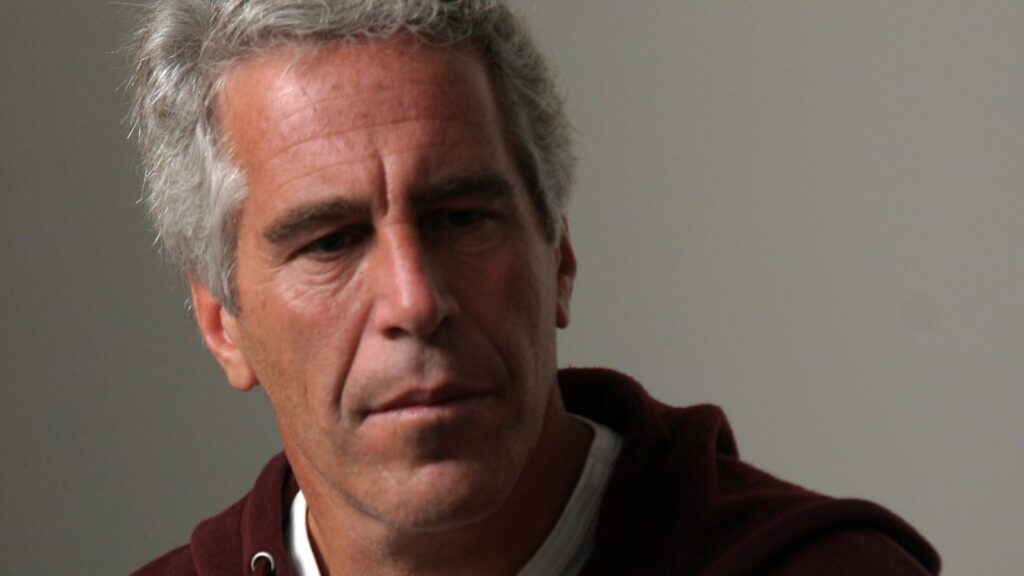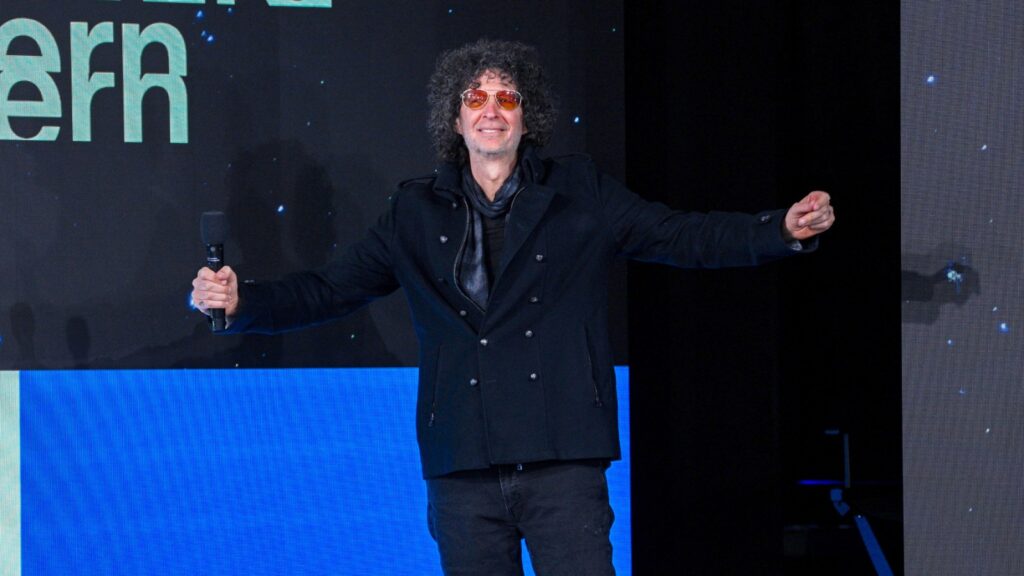How a New Law Could Change the World of Child Influencers
A revolutionary new piece of state legislation protecting child influencers is now in effect in Illinois, ensuring that children under the age of 16 will be compensated for appearing in their parents’ social media content.
On July 1, the state of Illinois officially enacted an amendment to its existing Child Labor Law, which specifically states that children under the age of 16 are entitled to a share of the revenue from their adult guardians’ vlogging content, defined in the bill as “content shared on an online platform in exchange for compensation.”
According to the law, if a child appears in at least 30 percent of a parent or caregiver’s social media content over the course of 30 days, the minor is entitled to monetary compensation. Adults are required to set aside those funds to be put in a trust, which the minor can access when they turn 18. The law also allows child influencers to take action against parents who failed to properly compensate them for their work, according to a statement from the office of Illinois Gov. J.B. Pritzker, who signed the bill into law in August 2023.
Stephen Balkam, the CEO of the Family Online Safety Institute (FOSI), calls the Illinois bill a great “first step” in terms of sparking a wider conversation about children on the internet, privacy, and financial exploitation. “We would love to see it pass throughout the state capitols,” he says. “I would not hold my breath for a federal law, but the fact that discussions are happening in other states is very encouraging.”
The bill was inspired by a 16-year-old named Shreya Nallamothu, who became concerned about the impact that family vlogs were having on minors. Nallamothu brought the idea for the bill to State Sen. David Koehler, who helped to usher in its passage. “This new digital age has given us tremendous opportunities to connect with one another, but it’s also presented legal issues that have never existed before,” Koehler said in an August 2023 press release. “We need to work with our children to see the problems they face and tackle them head-on before any further harm is done.”
The legislation is a watershed moment for the massive family vlogging industry, in which parenting influencers monetize social media content featuring their children. The industry has sparked backlash from critics who argue that children are not old enough to provide meaningful consent to appear on social media, and that parents who profit off their images are effectively exploiting them. Many family vlogging channels are extremely lucrative, pulling in hundreds of thousands of dollars worth of ad revenue.
Currently, there are laws in effect to protect children in the mainstream entertainment industry from financial exploitation, such as the Coogan Law, named after child actor Jackie Coogan, which requires parents of minor performers to put a percentage of their earnings in a trust. But such laws have not kept apace with technological advances and the rise of the massive child influencer industry, as Ed Howard, senior counsel at the Children’s Advocacy Institute at the University of San Diego School of Law, previously told Rolling Stone.
“For kids who are posting online content, there is nothing comparable to the kind of very specific protections against being commercially exploited that are similar to what are afforded to actors doing the identical things in traditional media,” Howard said.
Though Illinois is the first state in the country to enact such a law, other states, such as Maryland, California, and Wisconsin, are considering passing similar legislation. Maryland has also introduced a “right to be forgotten” bill for minors who wish for their content to be removed from the internet, which was referred to committee earlier this year. (The Illinois law does not contain such a provision.)
Balkam would like to see future legislation going further, addressing privacy issues in addition to guaranteeing financial compensation for minors. “We were enthusiastic about Illinois, but we need to keep going,” he says. “There are two aspects: making sure kids get some financial recompense for putting up with their parents over a number of years, but I think there’s a separate issue, which is their own rights of privacy.” He hopes such bills prompt families to “seriously consider the implications of what it might mean for their 11-year-old or 14-year-old or 16-year-old to be constantly on show for the rest of the world.”





